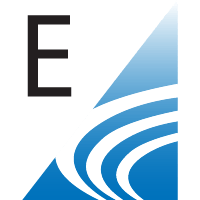Legal, Ethical, and Professional Issues (LEPI)
Practice Management (PM)
LM212 - Forensic Audiology: Fundamental Principles (Part 1 of 2)
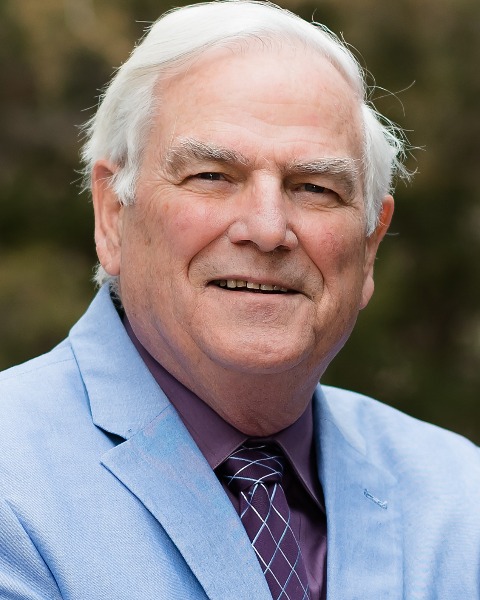
Robert M. Traynor
President
Robert Traynor Audiology, LLC
Rush University/ Salus University/ U of Arkansas Med Sciences
Fort Collins, ColoradoDisclosure(s): No financial or nonfinancial relationships to disclose.
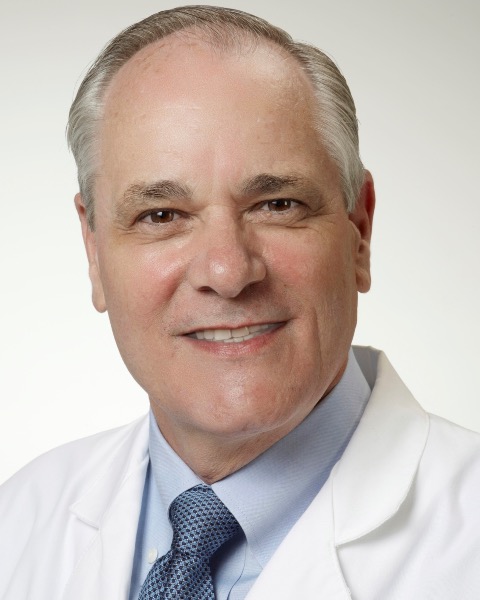
Dennis A. Colucci, AuD
Forensic Audiologist
Auditory Disorders and Balance Laboratory, Inc.
Dana Point, CaliforniaDisclosure(s): No financial or nonfinancial relationships to disclose.
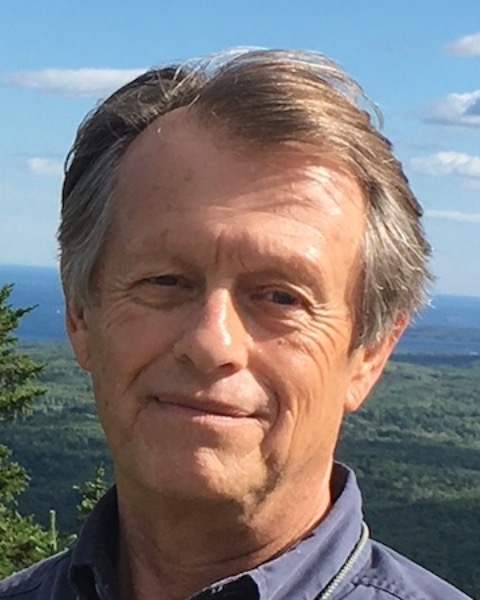
James W. Hall, III, PhD
Professor
Salus University
Salus University
Brunswick, MaineDisclosure(s): Jabra Hearing: Consultant/Advisory Board (Ongoing)
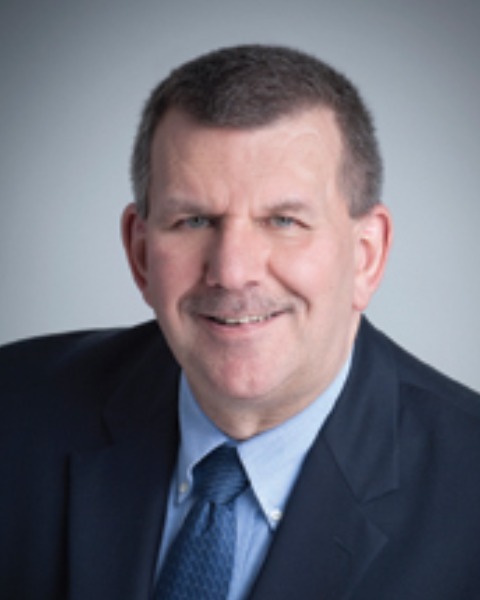
Thomas Alan Powers, PhD
Founder, Managing Member
Powers Consulting, LLC
Oxford, New JerseyDisclosure(s): Amplifi Hearing, LLC: Ownership Interest (Ongoing); Hearing Industries Association: Consultant/Advisory Board (Ongoing)
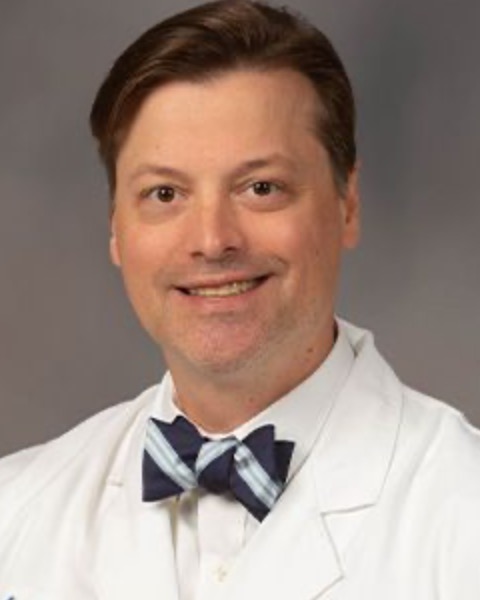
Christopher Spankovich, AuD, PhD
Professor and Vice Chair of Research
University of Mississippi Medical Center
University of Mississippi Medical Center
Jackson, MississippiDisclosure(s): Alystock, Witkins, Kreis, Overholtz: Consultant (Ongoing); National Institutes of Health: Grant/Research Support (Ongoing); University of Mississippi Medical Center: Employment (Ongoing)
Lead Presenter(s)
Presenter(s)
Summary:
The course begins with a discussion of Forensic Audiology, what it is and how audiologists can assist the triers of fact in their deliberation on the facts and application of the law. The court system is not familiar to audiologists and the presentation discusses the differences between Federal Court and State Court. Definitions of types of witnesses and their individual responsibilities are discussed and that expert witnesses are given a special status by the Court to present objective audiological opinions as to causation, rehabilitative implications.
The qualifications for expert witnesses are decided by the trial Judge according to the quality and relevance the expert's opinion to the case in terms of qualifications, testimony, and opinions as vetted by either the Frye Rule, the Daubert Rule or a combination of these rules. These rules will be described and discussed as they are fundamental to the a judge allowing both written or oral testimony to the court. Since there are significant procedural differences between civil cases and criminal case progression, there is an essential discussion about the differences in these cases. The development of a legal report is often part of the duties for a forensic audiologists, the methods and procedures for writing these reports are discussed. The presentation then moves to the expert’s involvement in the discovery of documents and standing for a deposition or trial. Finally, the development of forensic audiology practice and the ethics involved within this type of practice are presented. To finish the presentation there will be a discussion of several cases that have involved forensic audiologists via a panel discussion among the presenters and the audience.
Learning Objectives:
- The learner will be able to discuss the field of Forensic Audiology at a beginning level of competence.
- The learner will be able to present and describe the vetting procedure and the methods by which judges and attorneys use them to disqualify their testimony.
- The learner will be able to discuss the benefits and responsibilities of practicing Forensic Audiology.

